Our Insights
Innovative Ways - Satisfied Clientele
Innovative Ways - Satisfied Clientele
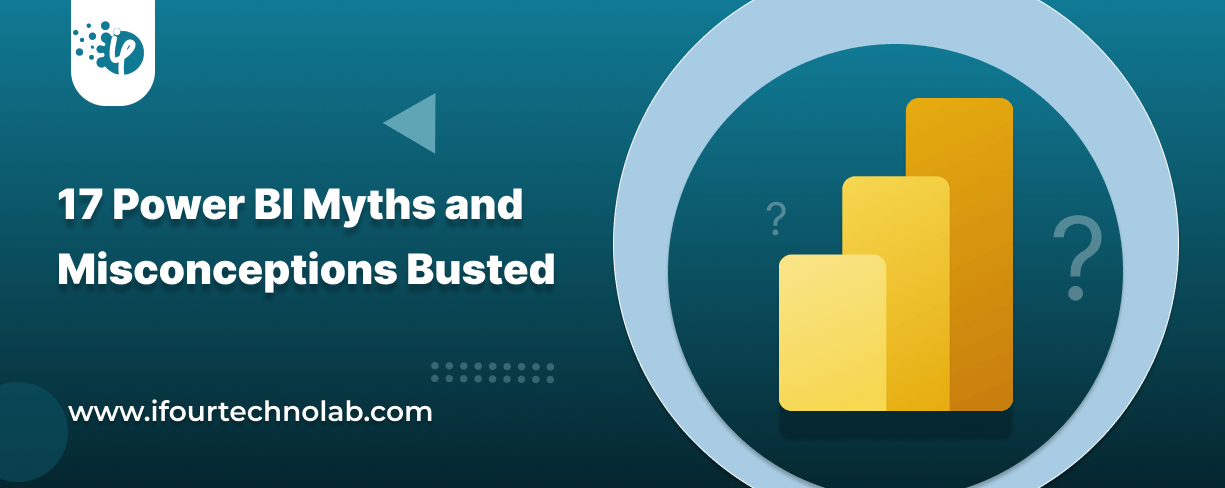
Kapil Panchal - April 25, 2025
Did you know that 70% of CTOs (Chief Technology Officers) hesitate to adopt Microsoft Power BI because of its myths and misconceptions that float around. What they fail to see is that these Power BI myths are circulated by those who aren't really experts. Microsoft Power BI is one of the most talked-about data analytics platforms in the business intelligence world. But with great popularity comes great misconceptions, and that's exactly what happens with Power BI. In this blog, we will...
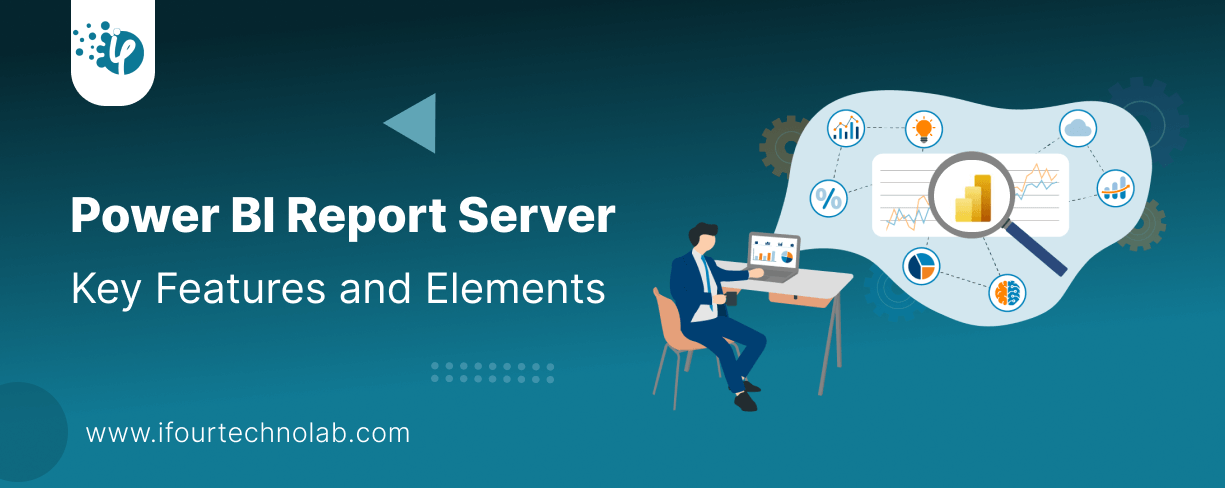
Vinod Satapara - March 31, 2025
Every CTO knows the struggle of managing complex reports. The inefficiency of scattered data, the constant juggling between reporting tools, the challenge of ensuring accurate KPIs and so on makes them frustrating. Power BI Report Server is designed to help you display reports and manage KPIs efficiently through a simple web portal. You can kick things off with a free trial of Power BI Server but to keep enjoying its awesome and premier features, you need to buy a Power BI Premium License...
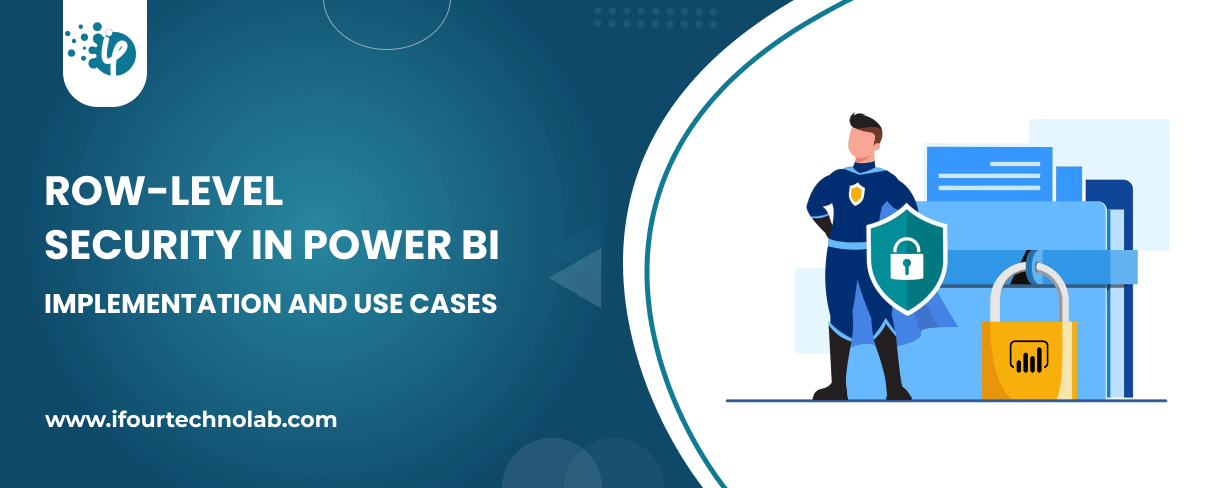
Kapil Panchal - March 27, 2025
The very first reason why you should implement Row Level Security is to foster trust, a crucial element for any business's success. Next, it reduces data clutter and helps you load Power BI reports faster. You can even set restrictions and display data to just the required ones. This way, you can reap a lot of benefits from RLS in Power BI, and enable yourself to focus on what truly matters. In this blog, we're going to talk about Row-Level Security in Power BI and share some example use cases....
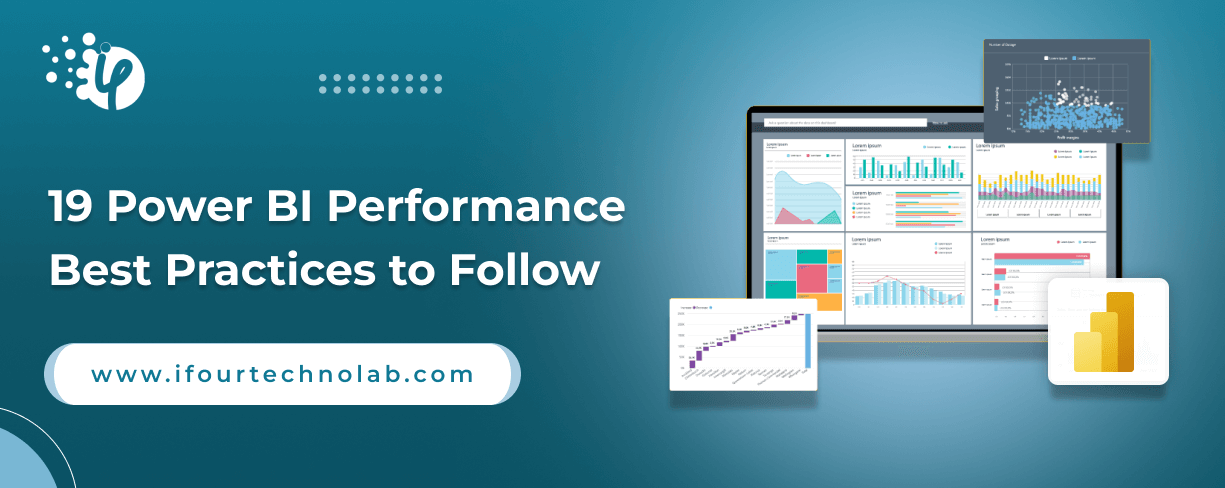
Kapil Panchal - March 25, 2025
The performance of Power BI is significantly influenced by two essential factors: design consistency and the rapid loading of BI elements. This holds true whether you choose Tableau or Power BI for your dashboard. With each part loaded on time presents a great user experience. Without this, it is ineffective. Maintaining design consistency helps you tell a coherent data story about your business and operations. Following Power BI best practices is essential for...
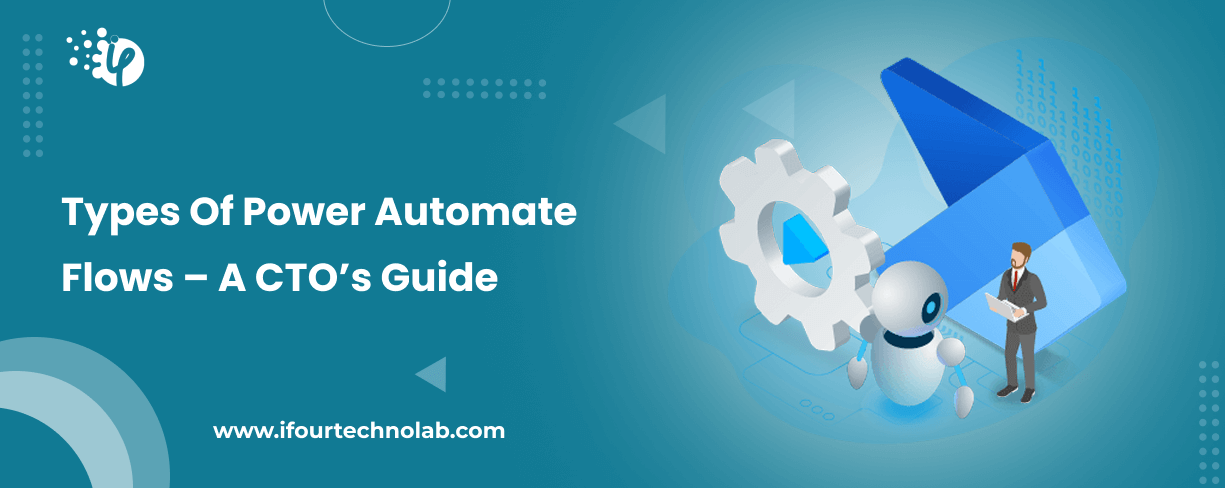
Kapil Panchal - March 18, 2025
Power Automation is no longer an option but a necessity for every firm, be it legal, fintech, aviation, or healthcare. In times of hectic schedules, just imagine there you have an assistant who manages everything automatically like Sorting your emails, Reports updating, Notifying your team, Triggering alerts when the problem occurs, etc. That’s exactly what Automated Flows in Power Automate do. Now what are automated Flows? These are basically event-driven workflows that...